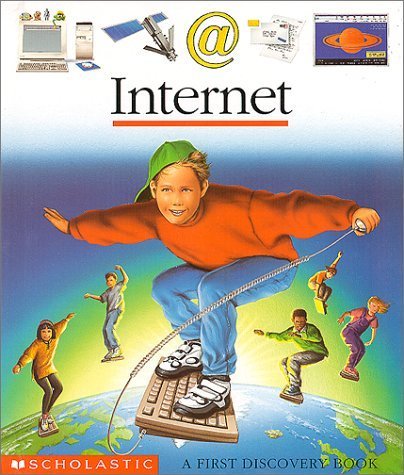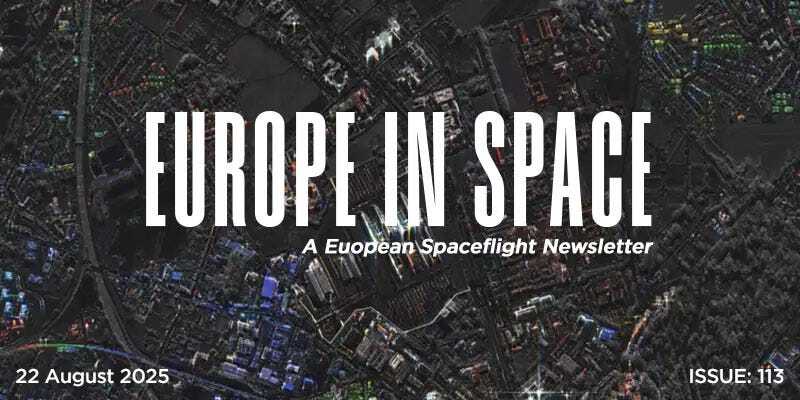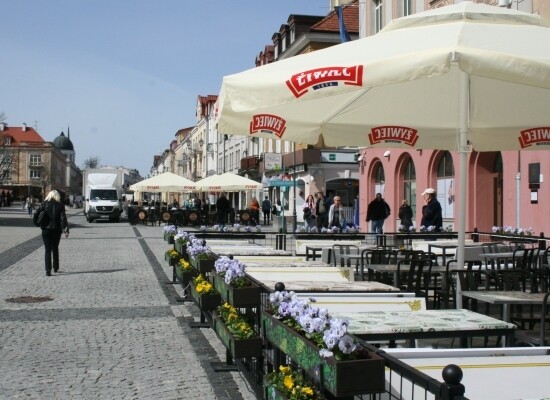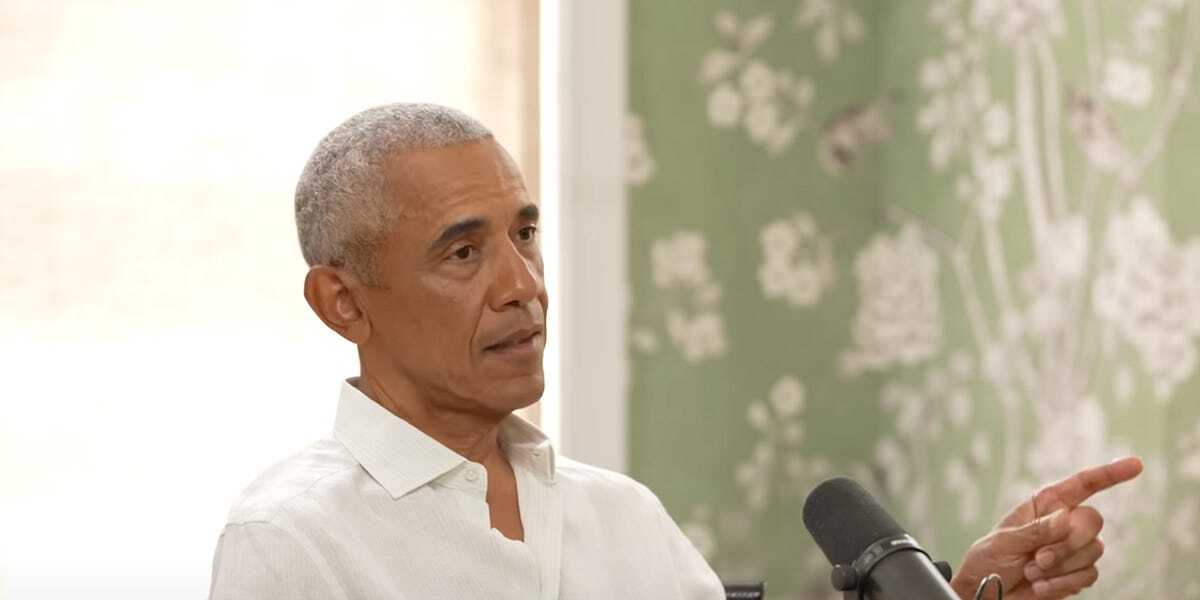- 42 Posts
- 242 Comments
https://based.cooking/chocolate-chip-cookies/
Founded to provide a simple online cookbook without ads and obese web design.

 3112·1 month ago
3112·1 month agoRule 1: posts have the following requirements: Not United States Internal News

 5·1 month ago
5·1 month agoHeroic Launcher (frontend for Epic Games Launcher) also worked for me on arch linux

 9·2 months ago
9·2 months agosiema kto pl

 1·3 months ago
1·3 months agoI would prefer if they would ease the creation of temporary Mails instead of hiding it in the settings. Yeah me too. I wish they’d integrate with Bitwarden’s e-mail address generator. If you e.g. use anonaddy you just paste a anonaddy apikey into Bitwarden and it creates e-mail aliases in anonaddy for you.
Though it would be nice to just use the e-mail alias service from your existing e-mail provider (as you describe with mailbox) rather than buying another 3rd party service.

 7·3 months ago
7·3 months agoClosest I found is this at 188 EUR (!). The electronics are probably non-European and they’re just assembled in France.

 29·3 months ago
29·3 months agoThey also have regular one time password two factor authentication (6 digit code every 30s) for a while now, in case you tried them while it was still the weird “PIN + OTP” thing

 6·3 months ago
6·3 months agoFor linux games see jc141. For the most part if the game has a native port it will be marked as native in the title. If not, it’ll be emulated

 3·3 months ago
3·3 months agoThe keypad lock feature is really bad. You know the feature in smartphones where even on the lockscreen there is an “emergency call” button, so anyone can call? In the HMD candybar phones, you can just press “9” and it bypasses the keyboard lock. So if you put the phone in a bag and the buttons get pressed randomly, eventually it will reach “999”. Then it’s a matter of the green call button being randomly pressed and it calls the ambulance.
The emergency team even called me back asking why do I keep calling and do I need help, as they wanted to block my number from calling them.

 8·3 months ago
8·3 months agoHMD used to manufacture (I don’t think they’ll release any new Nokia phone till the end ofthe year) phones using the Nokia brand, because Nokia licensed it to them. The license ends with the end of this year. From that point on HMD will make devices under their own brand.

 181·3 months ago
181·3 months agoMisleading title.
By the way, if you still want to use google’s search engine but want to avoid the AI stuff, see https://udm14.com/ or just add &udm=14 to your search query
Are raw bones compostable? Wouldn’t you need to boil/dry the billionaire bones first or something?

 2·3 months ago
2·3 months agoInteresting to see that companies which pass in the chemical filter category fail in the mineral filter part. For example, in the link you posted Neutrogena’s chemical filter has measured SPF of 52 but their “SPF50+” zinc version is actually in the 20s
sir this is a circlejerk community, isn’t there a /c/CHYNA ?
Tutaj też bardziej obyczajowy artykuł z historią firmy od 1945 itd. (Wyborcza Poznań bez paywalla) - https://archive.ph/oDwnV

 3·3 months ago
3·3 months agoOn a journey like this what I found most difficult is not to go insane. With search engines sucking (though you can narrow down google to look only in EU) it’s sometimes really annoying to find every little item from an EU company. I still buy used non-EU clothes on Vinted, because who cares, they’re already there. Patagonia is cool despite being an US company, so they get a pass.
Finally it’s obviously a bit more expensive to buy European. But then again workers in Portugal, Bulgaria or Austria have completely different working conditions than their peers in Bangladesh.
Things have a base price. The fact that you can buy a t-shirt for 5 euro doesn’t mean that this is how much it “should” cost. It means that the company cut every corner possible to nuke the price to an absurdly low level, where it’s downright unhealthy to the ecosystem/industry at that price. It’s not that the made in EU clothes are expensive, it’s just that the price is just right if European manufacturing and natural/recycled materials are important to you.

 61·3 months ago
61·3 months agoThe faux leather on my Beyerdynamic DT770 started chipping off the moment the Chinese bought Beyerdynamic. Go figure

 32·3 months ago
32·3 months agoWonder if this problem will be “solved” with Qi2 (magnetic charging) in the future. Pixel 10 is supposed to have it if we’re talking Android. Otherwise with 2 USB-C ports you have Lenovo Legion 2 Pro and Lenovo Legion Y90 but that’s not mainstream

 2·3 months ago
2·3 months agoLink z podświetleniem do fragmentu: klik
nie mam się z kim o tym podzielić (xD) więc jeżeli używasz firefoxa to protip
EDIT: dziwne, czasami działa a czasem nie, jak się skopiuje w ff i potem wklei w pasek adresu to działa, ale jak się wklei do szmeru i klinkie to już nie

















Maybe you’re looking for chambray? Those will have cat-eye buttons instead of pearl snap and no western yoke/front. Denim can be lightweight or heavier too.